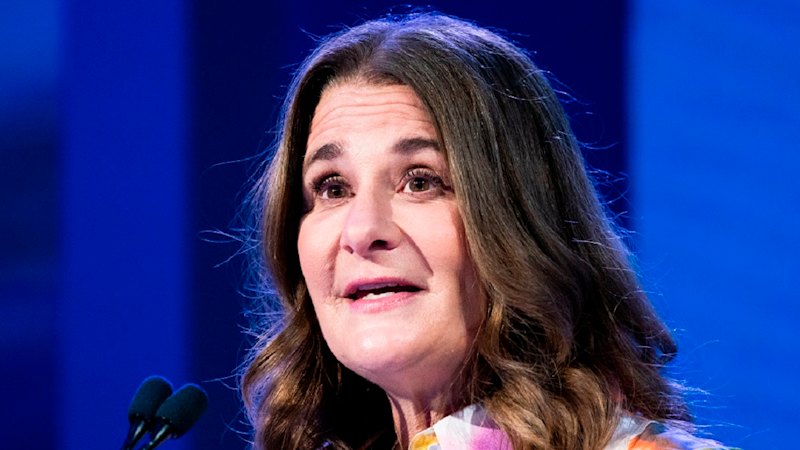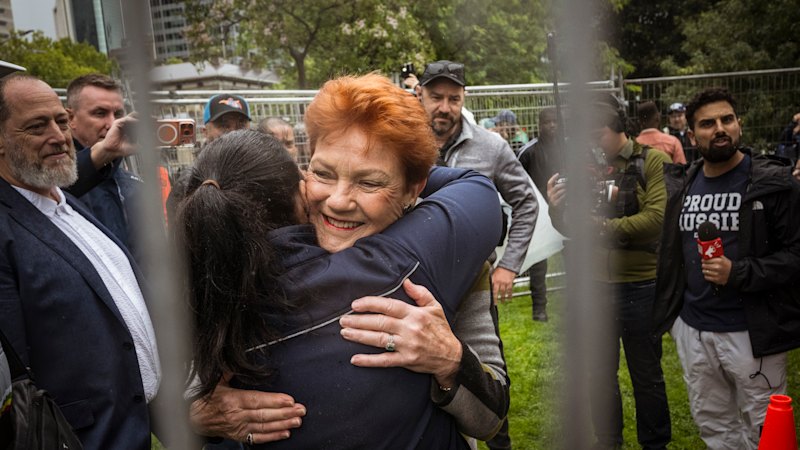
The Australian beef industry is grappling with heightened scrutiny following a decision by the government to relax import rules on beef sourced from the United States. This change permits the import of beef from cattle born or raised in Mexico or Canada, provided they are slaughtered in the US. Patrick Hutchinson, a former chief executive of the Australian Meat Industry Council, emphasized that a scientific review of this decision is essential to bolster industry confidence and demonstrate that the government is responsive to stakeholder concerns.
Hutchinson, now at Gibraltar Strategic Advisory, cautioned that politicizing this matter could harm Australia’s reputable agricultural trade. He stated, “If politicians start saying that there are issues, or that people have been influenced, then people overseas rightly will ask if there is pressure being applied on other issues.” Such perceptions risk undermining Australia’s hard-earned credentials in global markets, especially given that the Australian beef industry exports more than 70 percent of its production to over 80 countries.
Demands for an independent scientific review have arisen after the federal government’s decision followed a ten-year review that concluded expanding imports would not heighten the risk of infectious diseases. Hutchinson argued that while trust in regulatory bodies is necessary, the request for a second opinion is valid to alleviate any concerns that stakeholders may have about the integrity of the decision-making process.
Cattle Australia (CA), representing the industry’s interests, has been vocal in seeking this independent assessment. Their chief executive, Will Evans, described it as a “sensible and prudent way forward,” stressing the importance of protecting Australia’s biosecurity status. “Given the Minister’s confidence, she should have no issue appointing an independent panel to take the highest level of precaution in protecting the Australian beef industry,” he remarked.
Agriculture Minister Julie Collins expressed full confidence in the Department of Agriculture, Fisheries and Forestry’s biosecurity assessment. She asserted that the department’s officials conducted the evaluation appropriately, despite the implications of external pressures, particularly from US President Donald Trump. Collins noted that not every political influence results in detrimental outcomes for Australia.
The opposition, led by David Littleproud, has called for a Senate inquiry to investigate the implications of potential disease outbreaks related to the relaxed import rules. The inquiry aims to address concerns regarding biosecurity protocols and standards for imports and exports, with a report due by October 30. Littleproud claimed that the government may have disregarded advice from the Inspector-General of Biosecurity during their decision-making process.
Hutchinson pointed out the broader implications of the relaxed import rules, noting that issues beyond BSE, such as the New World screwworm, have also been raised. This pest has been causing significant concern across Central America, leading to border closures in the US to prevent its spread. “Was that taken into consideration? I don’t know, but that’s how we want these things to work and to operate,” he stated.
As the discourse surrounding biosecurity intensifies, Hutchinson highlighted the importance of mutual respect between the US and Australia in trade relations. He emphasized that while external pressures may exist, it does not necessarily imply that the integrity of Australia’s decision-making is compromised.
In light of these developments, the Australian beef industry must navigate a complex landscape of regulatory scrutiny and diplomatic relations, ensuring that it maintains its status as a leader in global agriculture while addressing the concerns of stakeholders domestically.






